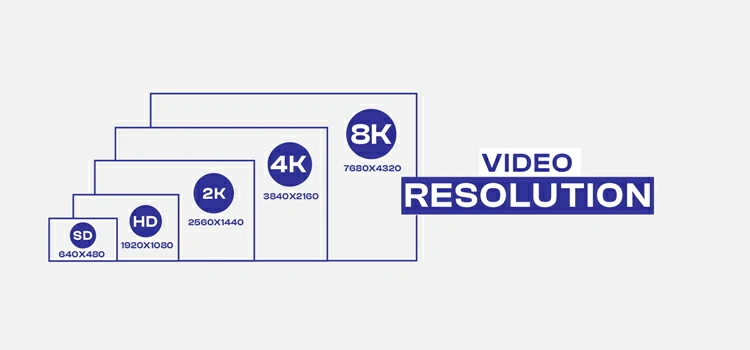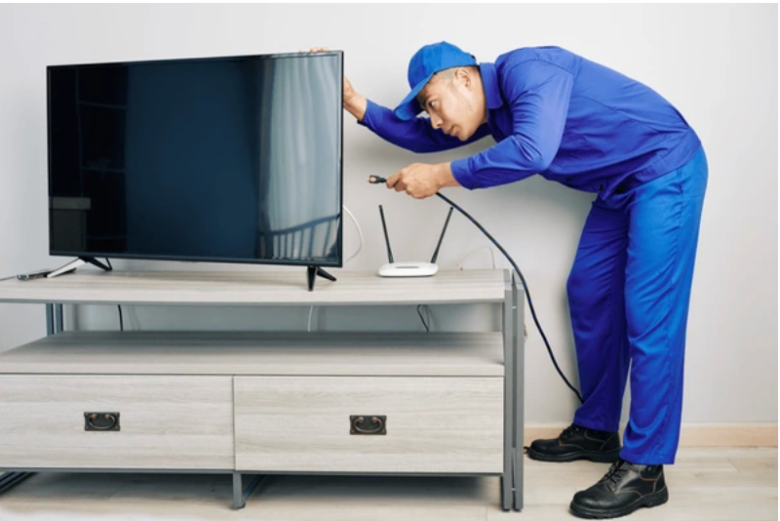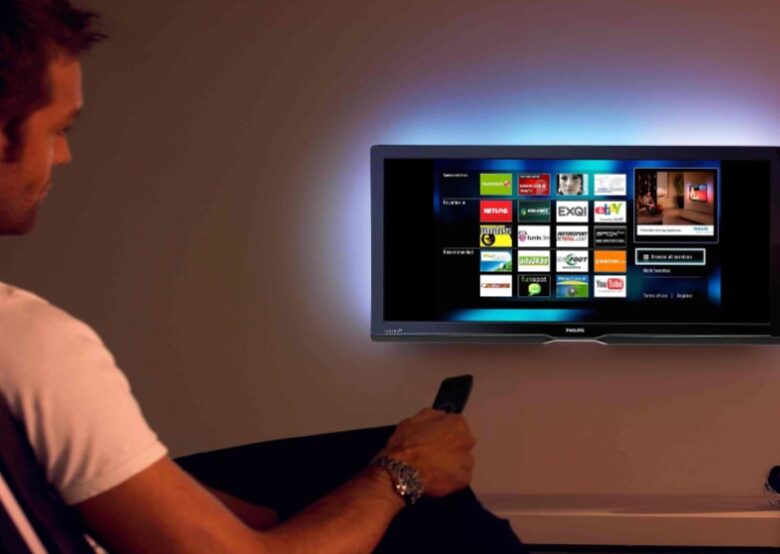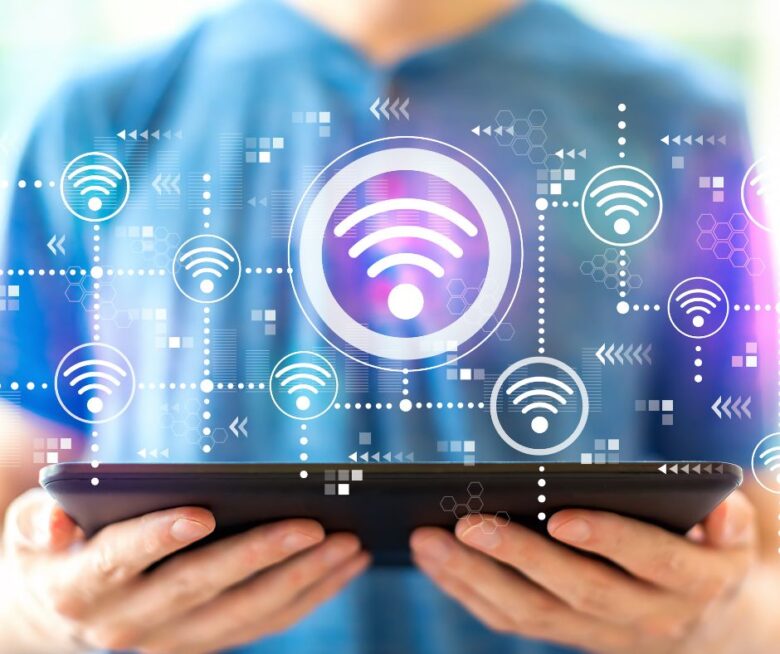The debate between streaming quality and cable TV has become a central topic as more households consider cutting the cord.
Cable has long been considered the standard for reliable television service, but advancements in streaming technology have positioned internet TV as a strong competitor.
Understanding how the two compare in terms of quality, convenience, and features can help determine why internet TV might represent the future of home entertainment.
Comparing Video and Audio Quality
One of the primary concerns when switching to streaming is whether it can match or exceed the video and audio quality provided by cable.
Video Resolution

- Cable TV: Most cable providers offer content in standard definition (SD) and high definition (HD), with limited availability of 4K programming. The picture quality depends on the provider and regional infrastructure, which can sometimes lead to inconsistent performance.
- Internet TV: Streaming services regularly deliver content in HD, with many platforms offering 4K Ultra HD and HDR (High Dynamic Range) for sharper, more vibrant visuals. The ability to stream 4K content depends on the platform and internet speed, but streaming offers broader access to higher resolutions. If you want to ensure to always have the highest quality, make sure to choose a well-known and reliable service like IPTV Nordic.
Audio Quality
- Cable TV: Cable typically supports standard surround sound, which is suitable for most home setups but lacks the advanced audio enhancements seen in modern technology.
- Internet TV: Many streaming platforms support Dolby Atmos and other immersive audio technologies, offering a theater-like experience at home for viewers with compatible systems.
Streaming surpasses cable in both video and audio quality for viewers with strong internet connections and modern devices.
Reliability and Consistency
Reliability is a critical factor in determining which option provides a better overall experience.
Cable TV

Cable offers consistent performance, as it relies on dedicated infrastructure to deliver content. This ensures minimal buffering or interruptions, making it a dependable choice for live events such as sports or news broadcasts. However, weather-related issues or physical damage to cables can occasionally disrupt service.
Internet TV

It depends entirely on internet connectivity. A fast and stable connection ensures smooth playback, but slow speeds or network congestion can lead to buffering, lag, or lower resolution. The rollout of faster broadband and 5G networks has significantly improved streaming reliability, closing the gap between the two options.
- Recommended Speeds: For HD streaming, at least 15 Mbps is required. For 4K Ultra HD, a minimum of 25 Mbps is essential.
- Adaptive Streaming: Internet TV platforms adjust video quality based on available bandwidth, ensuring playback continues even with temporary internet slowdowns.
While cable holds an edge in consistent delivery, streaming is rapidly improving as internet infrastructure advances.
Content Availability and Variety
The range of content available plays a significant role in shaping viewers’ preferences.
Cable TV
Cable services provide comprehensive access to local channels, national networks, and live events. However, programming is limited to what the provider includes in its packages, which often results in viewers paying for channels they do not use. Additionally, on-demand libraries offered by cable providers are usually smaller and less diverse.
Internet TV
Platforms offer vast libraries of on-demand content, from blockbuster movies to niche documentaries. Exclusive original programming and international content provide broader variety than cable. Some services also include live TV, offering real-time broadcasts of sports, news, and entertainment.
The ability to cater to individual preferences and provide global content makes it the more versatile option for most viewers.
Flexibility and Customization
Internet TV stands out for its flexibility, making it more adaptable to modern viewing habits.
Cable TV
Cable services often operate on rigid schedules and long-term contracts. Viewers must adhere to programming times or pay extra for DVRs to record and watch later. Customization is minimal, as channel bundles are pre-determined by the provider.
Internet TV
Platforms allow users to watch content on their schedules, eliminating the need for recording devices. Viewers can pause, rewind, or restart live content, providing complete control over their experience. Additionally, personalized recommendations based on viewing habits help users discover new content.
The on-demand nature of streaming aligns better with modern lifestyles, where convenience and customization are paramount.
Technological Advancements
The technology evolves rapidly, offering features and integrations that traditional cable struggles to match.
Cable TV
Cable infrastructure is largely static, relying on physical networks and hardware that require significant updates to keep pace with innovation. Upgrades are infrequent and often limited by regional providers.
Internet TV
Features like 4K resolution, Dolby Atmos, and seamless device compatibility make streaming the more future-ready option.
Additionally, the rise of 5G networks will enhance streaming’s performance, reducing latency and improving overall quality.
Cost Considerations
Quality aside, affordability is a crucial factor for many households.
Cable TV
Cable subscriptions often come with high base costs and additional fees for equipment rentals, installation, and premium channels. These hidden charges can inflate monthly bills significantly.
Internet TV
Streaming services offer flexible pricing, with basic plans starting at lower rates than cable. While subscribing to multiple platforms can increase costs, the lack of hidden fees and contracts makes internet TV more cost-effective for many households.
FAQs
Does Streaming Match Cable for Live Events?
Streaming platforms increasingly include live TV options, but latency can sometimes lead to slight delays compared to cable. For sports fans or event viewers, this is worth considering.
Can Streaming Work on Older TVs?
Yes, streaming devices like sticks or boxes allow older televisions to access internet TV platforms, making it accessible without upgrading your TV.
Is Internet Speed Always a Problem for Streaming?
While internet speed is critical for streaming quality, most platforms adapt to slower connections by reducing resolution. Upgrading to a faster internet plan ensures better performance.
How Does Streaming Handle Local Channels?
Some streaming services offer local programming, but availability varies by region. Dedicated apps or add-ons may be needed to access regional content.
Are Streaming Services as Reliable as Cable?
Reliability depends on internet quality. Strong connections can make streaming just as dependable as cable, though poor connectivity can cause disruptions.
Conclusion

The rise of internet TV signals a shift in how viewers consume entertainment. While cable TV remains reliable and consistent, advancements in streaming technology have closed the gap in quality and surpassed it in flexibility, customization, and variety. As internet infrastructure continues to improve, streaming is poised to become the dominant choice for home entertainment, making it the future of television.

